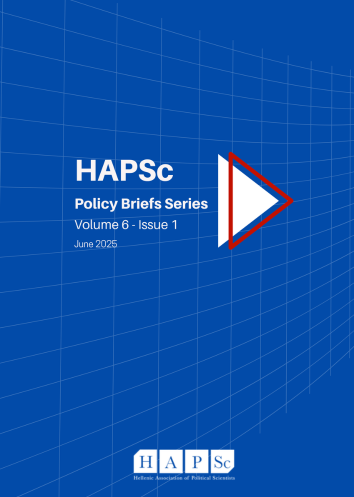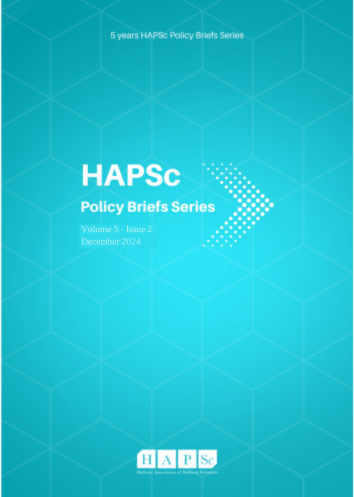The Paradox of Local Communities' Non-Participation in Sustainable Tourism Governance in the Cyclades: An Empirical Analysis Using the MOA Model

Abstract
Community participation is a core principle of sustainable tourism development, yet its implementation remains uneven across global destinations. In the Cyclades Islands, an emblematic tourism hotspot, local community participation in tourism planning remains limited despite the region's socio-economic reliance on the sector. This article applies the Motivation–Opportunity–Ability (MOA) model to examine why communities in the Cyclades are often excluded or disengaged from sustainable tourism initiatives. Using a theoretical and empirical synthesis of academic studies, field insights, policy documents and semi structured interviews, this study reveals that while motivation exists, systemic constraints on opportunity and ability hinder genuine engagement.
Article Details
- How to Cite
-
Peloponnisios, M. (2025). The Paradox of Local Communities’ Non-Participation in Sustainable Tourism Governance in the Cyclades: An Empirical Analysis Using the MOA Model. HAPSc Policy Briefs Series, 6(1), 83–96. https://doi.org/10.12681/hapscpbs.43177
- Section
- Articles

This work is licensed under a Creative Commons Attribution 4.0 International License.
Authors retain copyright and grant the journal right of first publication with the work simultaneously licensed under a Creative Commons Attribution License that allows others to share the work with an acknowledgement of the work's authorship and initial publication in this journal.


